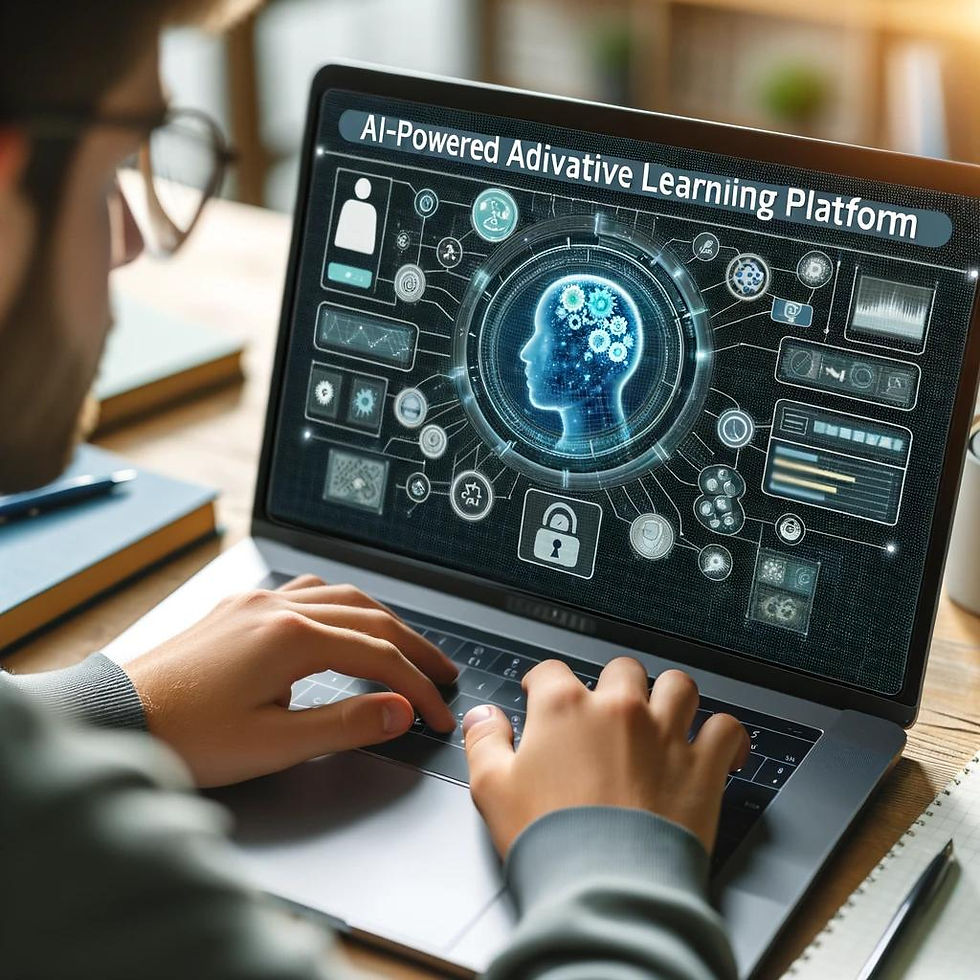Artificial intelligence (AI) isn't just about self-driving cars and chess-playing robots. This powerful technology is increasingly being used to tackle some of the world's most pressing social issues. From fighting climate change to improving education and healthcare, AI is emerging as a force for good.

1. Combating Climate Change
- Optimizing Renewable Energy Production: AI algorithms can analyze weather patterns and energy consumption data to predict demand and optimize the production of renewable energy sources like solar and wind power. This helps reduce reliance on fossil fuels and create a more sustainable energy grid.
- Precision Agriculture: AI-powered tools are helping farmers optimize irrigation, fertilizer usage, and crop planning based on real-time data. This not only conserves water resources but also reduces greenhouse gas emissions associated with traditional farming practices.

2. Revolutionizing Healthcare:
- Early Disease Detection: AI algorithms can analyze medical images like mammograms and X-rays with impressive accuracy, aiding in the early detection of diseases like cancer. This allows for earlier intervention and improved patient outcomes.
- Personalized Medicine: AI can analyze a patient's medical history, genetic data, and lifestyle factors to predict potential health risks and suggest personalized treatment plans. This paves the way for a more proactive and preventative approach to healthcare.

3. Enhancing Education:
- Adaptive Learning Platforms: AI-powered platforms can personalize learning experiences for students by adapting to their individual pace and learning styles. This ensures students are appropriately challenged and can master concepts more effectively.
- Virtual Tutors and Language Learning Tools: AI-powered chatbots can act as virtual tutors, providing students with immediate feedback and personalized learning support, especially in areas with limited access to human teachers. Additionally, AI language learning tools can personalize language learning experiences, making it easier and more effective for people to learn new languages.

4. Disaster Management and Response:
- Predicting Natural Disasters: AI models can analyze historical data and weather patterns to predict the likelihood and severity of natural disasters like earthquakes and floods. This allows for early warnings and proactive measures to mitigate damage and save lives.
- Optimizing Relief Efforts: AI algorithms can analyze data on infrastructure damage and resource needs in disaster zones to optimize the allocation of aid and rescue efforts, ensuring that help reaches those who need it most.

5. Protecting Wildlife and Ecosystems:
- Anti-Poaching Initiatives: AI-powered camera systems with facial recognition capabilities can be used to identify poachers and alert authorities in real-time, helping to protect endangered animals.
- Sustainable Fisheries Management: AI algorithms can analyze fish populations and ocean data to ensure sustainable fishing practices and prevent overfishing, which is crucial for maintaining healthy marine ecosystems.
The Future of AI for Good:
These are just a few examples of how AI is making a positive impact on the world. As AI technology continues to evolve, we can expect even more innovative solutions to emerge, tackling global challenges and creating a better future for all. However, it's important to ensure responsible development and deployment of AI to maximize its positive impact and mitigate any potential risks.
By harnessing the power of AI for good, we can create a world that is more sustainable, equitable, and prosperous.

This is an awesome read... Keep up Kamelitz. I am proud of you! I am sure Jesus is. 💗💗💗